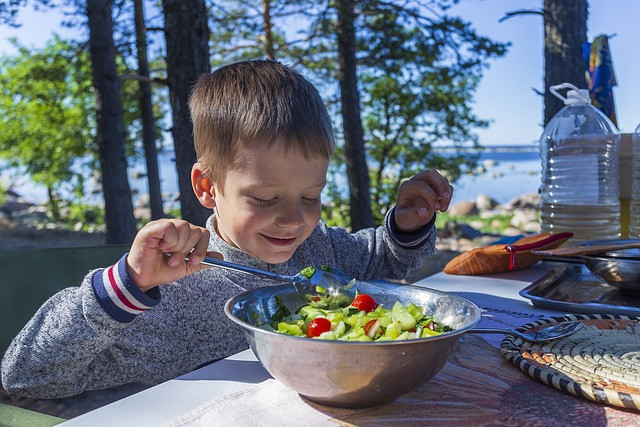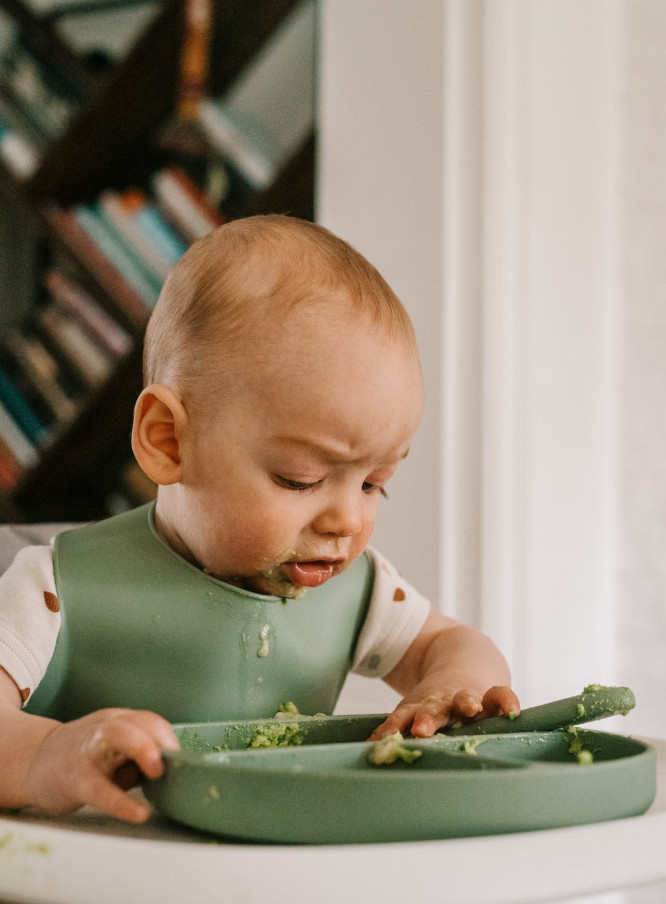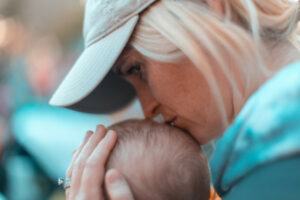
Vegetarianism has been a gaining traction around the world.
As vegetarian parents, you must be a little more zealous and take more care raising a young child on a vegetarian or vegan diet, to be sure that he is getting proper nutrition. It is completely possible to raise a healthy vegetarian or vegan child as long as you educate yourself about proper nutrition and ensure that your child is getting enough of all the nutrients needed to grow and develop.
While many vegetarians rely heavily on dairy products such as clarified butter, yogurt, and cottage cheese, many traditional vegetarian dishes are dairy-free.
The most important aspect to consider is that a growing child needs specific nutrients for each developmental stage. If those are missed, the consequences can be dangerous, especially for younger children. Their food also need to be particularly nutrient and energy-dense, because their portions are smaller.
Babies are growing and developing rapidly and have a very high requirement for certain nutrients while having relatively small stomachs. This means that the foods they are given should have maximum nutrients and enough energy in a relatively small volume.
For infants, breast milk is seen as the best way of delivering the nutrition and energy they need to grow, while for toddlers and young children, a vegan diet need to be carefully planned to ensure it meets their needs.
Protein in a Vegetarian Diet
Protein is necessary for growth. From birth to age five is a critical growth for children. Provide your vegetarian child varied sources of protein so that she receives a good balance of amino acids.
Vegetarian sources of protein include:
- Eggs
- Dairy (milk, yogurt, cheese, cottage cheese)
- Beans and lentils
- Soy milk, edamame and tofu
- Nuts and nut butters
- Fish (for pescatarians – vegetarian who eats fish)
Dairy, eggs and soy all offer complete proteins. If you offer your vegetarian child protein-rich foods three times a day in age-appropriate portions, your child will get the grams of protein needed for growth.
Iron in Vegetarian Diet
Infants and toddlers who don’t receive enough iron can have poor mental and physical growth and development. As vegetarian children don’t eat meat, it’s critical that you focus on their consumption of iron-rich foods.
Vegetarian sources of iron include:
- Eggs (especially egg yolks)
- Iron-fortified cereals (baby cereals and raisin brans)
- Broccoli, spinach, kale, collards, asparagus
- Beans, lentils, and other legumes family
- Whole grain
- Dried Fruit (prunes, raisins, apricots)
- Tuna/Salmon
If you want to increase absorption of iron, serve iron-rich foods with foods high in vitamin C, such as oranges, orange juice, other citrus fruits, bell peppers, tomatoes.
Vitamin B12 and Zinc in a Vegetarian Diet
Since vitamin B12 is found mainly in animal products, a vegan diet and some vegetarian diets will need vitamin B12 supplements under the guidance of a pediatrician. Vitamin B12 helps the body make DNA, that is essential for healthy nerve and blood cells, and helps prevent certain types of anemia. Vegetarian sources of vitamin B12 include cheese and eggs. Many grain products (especially cereals) are also fortified with vitamin B12. Plant foods do not usually contain vitamin B12 unless they are fortified.
Some vegetarian diets may also be low in zinc, a mineral that helps the immune system function properly and is needed to activate many pathways in the body
Children need calcium and vitamin D for bone and immune system health. Offer your child three servings a day of soy milk, almond milk or rice milk fortified with both calcium and vitamin D.




